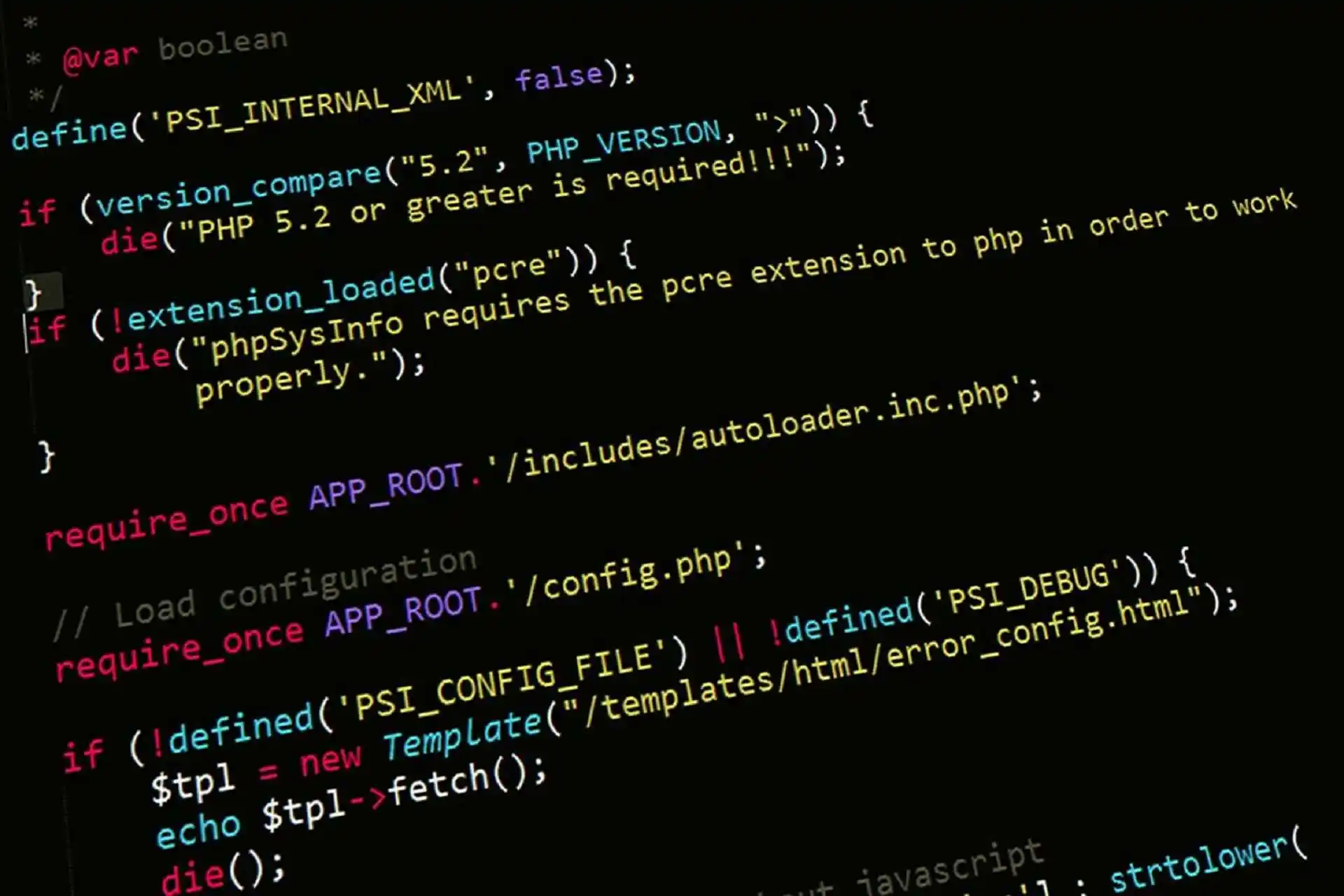Deep Cogito is a new startup that has emerged from stealth with a family of publicly available AI models that can be switched between "reasoning" and "non-reasoning" modes.
According to documents filed with California State, deep Cogito, situated in San Francisco, was established in June 2024. Drishan Arora and Dhruv Malhotra are listed as co-founders on the company's LinkedIn page. Malhotra formerly worked on creative search technology as a product manager at Google's DeepMind AI lab. Arora worked for Google as a senior software engineer.
Leading Open Hybrid Models
Every model in Deep Cogito, also known as Cogito 1, is a hybrid model. According to Cogito, they perform better than the top open models of the same size, such as those from Chinese AI companies DeepSeek and Meta.
Reasoning models like OpenAI's o1 have shown considerable potential in fields like Maths and Physics because they can efficiently fact-check themselves by solving complicated issues step-by-step. But there is a price for this logic: increased processing and latency.
However, this logic has a price: increased latency and computation. For this reason, labs like Anthropic are working on "hybrid" model architectures, which incorporate both traditional, non-reasoning elements and reasoning components. Hybrid models can quickly reply to simple questions, but they can also take more time to think through more difficult ones.
Model Capabilities & Development
Cogito 1 wasn't created from the ground up. Deep Cogito developed its own model by building upon Alibaba's Qwen and Meta's open Llama. According to the business, it used innovative training techniques to improve the performance of the underlying models and make toggleable reasoning possible.
According to a blog post from the business, "each Deep Cogito model can either respond directly […] or self-reflect before responding (like reasoning models). A tiny crew created each of these in about 75 days.”
According to Cogito, models with up to 671 billion parameters will join the Cogito 1 models, which currently have between 3 billion and 70 billion parameters. A model's problem-solving abilities are roughly correlated with its parameters; the more parameters, the better.
Cogito Outperforms Competitors
The largest Cogito 1 model with reasoning, Cogito 70B, performs better than DeepSeek's R1 reasoning model on a few language and math tests. On LiveBench, a general-purpose AI test, Meta's recently released Llama 4 Scout model is also surpassed by the Cogito 70B with reasoning deactivated. All of the Cogito 1 models can be downloaded or used using APIs on cloud providers Together AI and Fireworks AI.
According to Cogito's blog post, "At this point, we're still in the early stages of [our] growth curve, having used just a portion of compute normally used for traditional large language model post/continued training." We're looking at supplementary post-training methods for self-improvement going forward.

